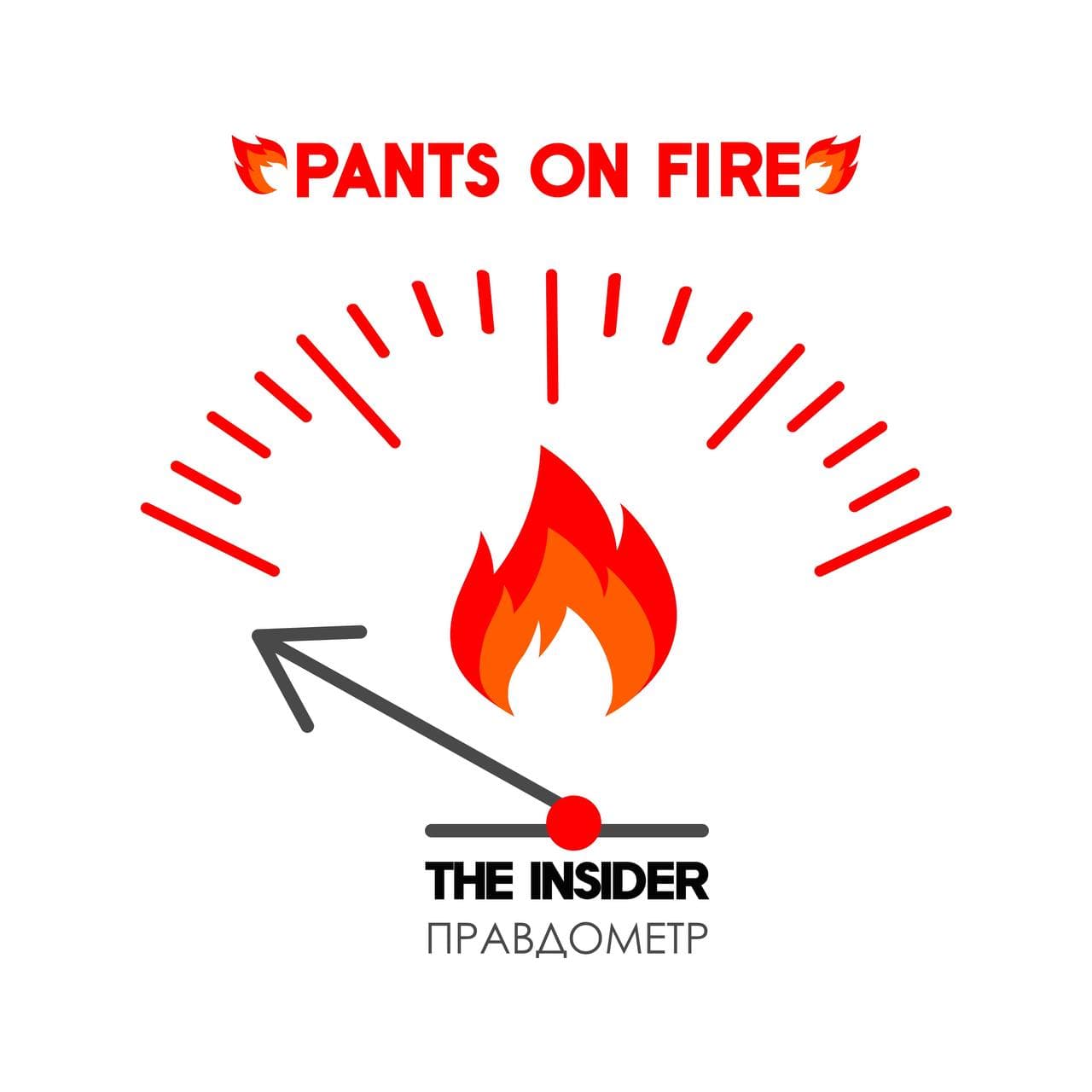RIA Novosti reports on the statement of the speaker of the Federation Council Valentina Matvienko:
“The referendums that began on Friday in the territory of the DPR, LPR, Kherson and Zaporozhye regions are being held in full accordance with international norms and the UN Charter,” said Federation Council Speaker Valentina Matvienko.
“The expression of will takes place in accordance with international standards, the UN charter. Residents of the LPR, DPR, and other liberated territories have such a right, a legal right, and in the current situation, this is actually the right to life, ”she told reporters.
According to the speaker, even before the start of the referendums, the West hastened to declare that they would not recognize their results. “But this no longer surprises anyone, just in this way Europe and America confirmed their cynicism and the fact that the opinion of the inhabitants of these regions does not interest them at all,” Matvienko said. The speaker expressed confidence that the referendums will be held in such a way that no one will have reason to question their legitimacy.”

There is nothing in the UN Charter about holding referendums; the word "referendum" is never found there at all, and voting is mentioned only in connection with the decision-making procedure in UN bodies.
Article 1 of the Constitution states:
“The United Nations pursues the Goals: <…> to develop friendly relations between nations based on respect for the principle of equal rights and self-determination of peoples, as well as to take other appropriate measures to strengthen world peace.”
Probably, the speaker of the Federation Council believes that the occupation of part of the country and the holding of “referendums” on annexation in the occupied regions serve to strengthen world peace.
Other international legal documents are somewhat more specific than the UN Charter in formulating the principle of self-determination. The 1970 Declaration on Principles of International Law Concerning Friendly Relations and Cooperation among States under the Charter of the United Nations states :
"The creation of a sovereign and independent state, the free accession to or association with an independent state, or the establishment of any other political status freely determined by a people, are forms of the exercise by that people of the right to self-determination."
The concept of "people" is not defined in any way. It is possible that Matviyenko had this wording in mind. But in the same declaration two paragraphs below it says:
“Nothing in the above paragraphs shall be construed as authorizing or encouraging any action that would lead to the dismemberment or partial or complete violation of the territorial integrity or political unity of sovereign and independent states observing in their actions the principle of equal rights and self-determination of peoples, as this principle set forth above, and, consequently, having governments representing, without distinction of race, creed, or color, all the people living in a given territory.
Obviously, in the cases of the Kherson and Zaporozhye regions, the government of Ukraine fully complies with this requirement: free and competitive elections of the President of Ukraine, deputies of the Verkhovna Rada, regional and local self-government bodies were held throughout the regions. And only in a part of the territories of the Donetsk and Lugansk regions, which since 2014 were under the control of the self-proclaimed DPR and LPR, it was impossible to hold elections according to the laws of Ukraine.
"Referendums" are held without independent observers; those residents of the occupied regions who, fleeing the war, left their homes and fled to the territory controlled by the government of Ukraine or abroad cannot participate in them. And this is not to mention the fact that, according to the legislation of Ukraine, the issues of changing the territory of the country can only be decided at an all-Ukrainian referendum.


